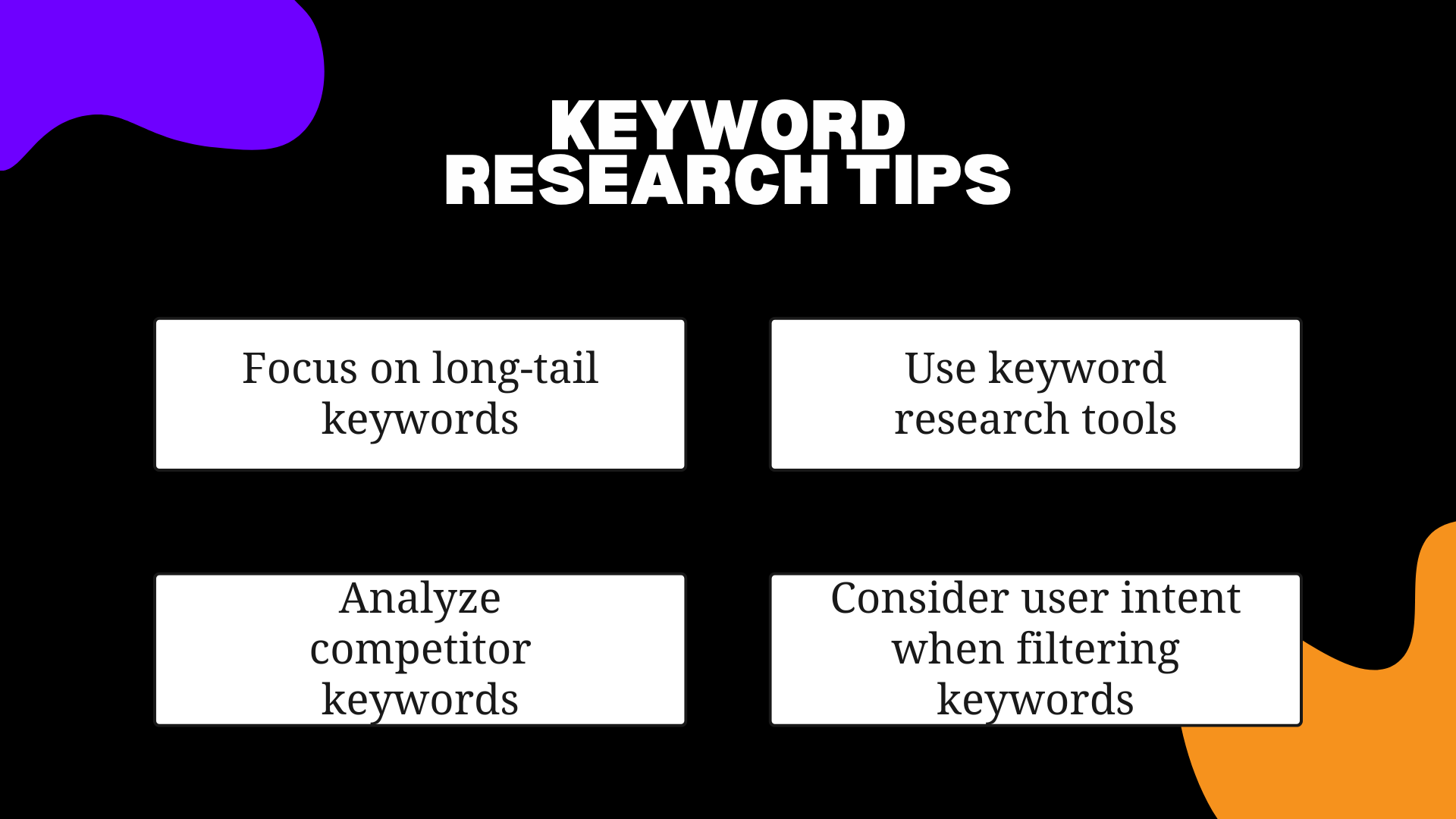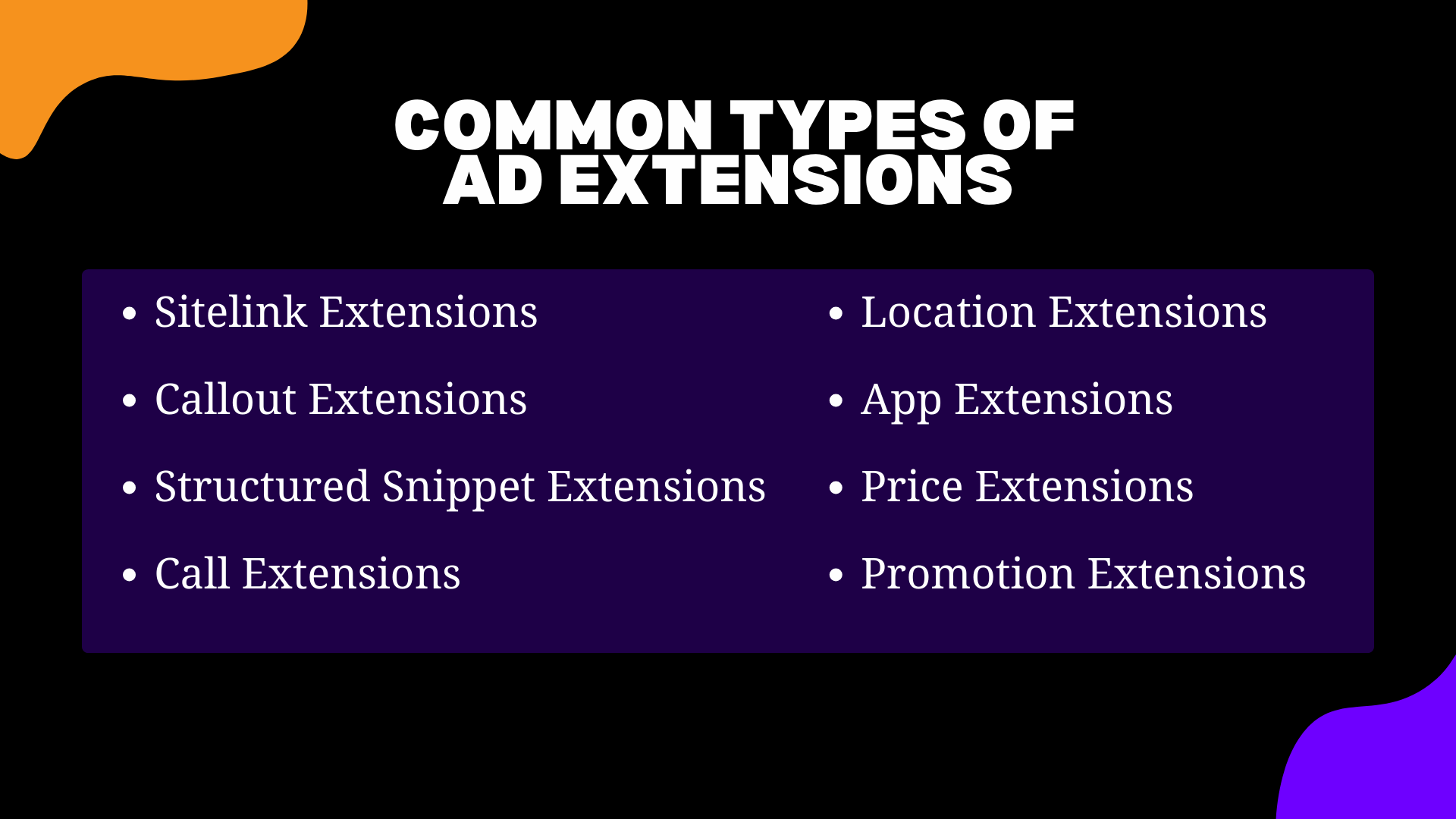How to Optimize Google Ads?
Google Ads is one of the best tools for businesses to improve traffic, leads, and sales. But building and running an effective Google Ads campaign calls for strategy, accuracy, and consistent fine-tuning. This article covers what you need to learn about Google Ads optimisation for long-term success, whether you’re starting or improving.
Understanding the Basics: What Makes a Google Ads Campaign Successful?
At its core, Google advertising is a pay-per-click tool allowing companies to show ads at the top of Google search results, providing excellent exposure to possible consumers. Advertisers bid on keywords and put their adverts based on their bid amount and quality score. Ad relevancy, click-through rate, and the landing page user experience all help to define the quality score. To maximize results, you must balance cost, strategy, and platform mechanics.
Key Components of Google Ads Optimization:
-
Compelling Ad Copy: Attention-grabbing headlines and descriptions that fit user intention.
- Targeted Audience: Relevant messaging to the correct individuals.
- Effective Keywords: Selecting search questions that balance relevancy with reach.
- Well-Optimized Landing Pages: Pages that convert ad clicks into measurable actions.
- Clear Performance Tracking: Tools for tracking what is and not working.
- Budget Management: Optimizing resource allocation for ROI.
- A/B Testing: Testing several ad or landing page variants to see which performs best.
- Strong Call-to-Action: Encourage users to execute desired actions.
- Consistency Across Channels: Ensuring a consistent message on all kinds of advertising media.
- Regular Performance Analysis: Analysis of campaign data to guide strategy.
- Audience Retargeting: Reconnecting with users who have past engaged with the marketing.
-
Dynamic Adaptability: Flexibility to adapt strategy to Google Ads performance and trends.
Common Google Ads Optimisation Mistakes That Hurt Performance:
-
Using wide-match keywords devoid of nuance.
- Ignoring negative keywords causes irrelevant clicks.
- Sending traffic to badly designed landing pages.
- Not tracking conversions.
- Not routinely looking over the Google Ads account for performance problems.
- Missing location targeting or ad scheduling campaign parameters.
- Allocating funds improperly causes overpaying on underperforming campaigns.
- Not testing ad campaigns to see what creative works the best.
- Ignoring updates and optimization of ad copy depending on changing user behavior or market trends.
Knowing these principles can help you stay clear of mistakes and establish a strong basis.
How to Optimize Google Ads: Targeting the Right Audience
If your search ad is exposed to the wrong audience, it won’t matter how good it looks. Effective targeting guarantees you are attracting those most inclined to interact with your company.
Use location, demographics, and device types to segment your audience. As an example:
- Demographics: Target based on age, gender, financial level, or even parental status.
- Behavioral Interests: Reach users based on their online activities.
-
Custom Segments: Create custom intent audiences with Google’s resources.
Refining Targeting with Remarketing and Lookalike Audiences
Remarketing is a strong way to re-engage users who connected with your business but didn’t buy or sign up. Showing customized promotions to these users on several platforms can help them remember your offerings and inspire them to come back. Lookalike audiences allow you to reach more customers by targeting people with similar traits, habits, and interests. By concentrating on both past visitors and new potential clients with great conversion potential, these Google Ads optimization tips help you maximize your efforts.
 Keyword Strategy: Finding the Perfect Balance Between Reach and Relevance
Keyword Strategy: Finding the Perfect Balance Between Reach and Relevance
Any search campaign relies on keywords. Targeting the incorrect ones risks wasting money on non-converting clicks.
The Difference Between Broad, Phrase, and Exact Match:
- Broad Match keywords may draw unrelated visitors even when they catch variants of your term.
- Phrase Match limits results to keywords in a certain order.
-
Exact Match keywords may limit reach yet offer highly tailored results.
How to Conduct Keyword Research Like a Pro
Google Keyword Planner, SEMrush, and Ahrefs can help you find high-intent keywords that fit your business and audience. These Google Ads optimisation tools let you evaluate keyword performance and find chances to improve your content for search engines. Focus on keywords with:
- High search volume: Often searched keywords by your audience will guarantee more visibility.
- Relatively low competition: Targeting low-competition keywords can lower costs and increase rankings.
- Clear intent: Make sure your product or service offers match the keywords your potential clients seek.
Researching and choosing the proper keywords will boost your website’s search engine rankings and generate more qualified leads.
Negative Keywords
Negative keywords assist you refine your PPC campaigns by removing irrelevant inquiries, saving you money on clicks from users who aren’t a good match for your product or service. Eliminating unrelated searches lets you concentrate your funds on finding the appropriate audience, therefore enhancing the quality of your traffic and the general effectiveness of your campaign.
How to Optimize Google Ads with Ad Copy That Converts
Every Google Ads word counts. Optimize your Google Ads copy with exact, convincing, and action-oriented language to attract a user’s attention in a few seconds and inspire clicks and outcomes.
Crafting Compelling Headlines and Descriptions
Make your title and description meaningful — users notice them first.
- Draw attention to numbers or percentages. Numbers especially stand out and convey importance or urgency.
- Highlight your USPs to stand out. Pay close attention to what makes your good or service the best one.
-
Never mismatch search purpose. If someone searches for “custom cakes,” your ad can say, “Order Custom Cakes Online – Delivered to Your Door.” This guarantees your copy matches user intent.
Landing Page Optimization: Converting Clicks into Customers
The landing page the Google Ads campaign leads to determines their effectiveness even if they are the greatest ones available. Any effective campaign needs an effective landing page to convert ad clicks.
Key Elements of a High-Converting Landing Page:
-
Clear Headlines: Your headline should attract readers’ attention and precisely indicate the value offered, therefore guiding them. Avoid using complicated phrasing.
- Strong Visuals: Reiter your point of view by using top-notch images or videos that appeal to your target audiences. Visuals should support text and generate trust, whether they show your product or brand’s personality.
-
Simple Forms: Simplify your forms as much as you can. Ask only what you need to generate leads or perform activities. Long, complicated forms can discourage users from converting, hence giving simplicity and user-friendliness priority.
Page Speed and Mobile-Friendliness
Web pages must load quickly and be responsive to keep consumers engaged, especially on mobile devices. High bounce rates and irritation can result from slow-loading pages or websites that are not fit for small displays. Try Google PageSpeed Insights or GTmetrix to assess your site’s speed and find ways to optimize images or reduce CSS and JavaScript files.
By concentrating on these Google Ads optimisation components, you can design a flawless experience that guarantees your Google Ads efforts produce actual results.
Bidding Strategies: Getting the Best Results for Your Budget
Knowing how much to bid and when to change strategy can greatly affect your campaign’s finances. Selecting the correct strategy calls for knowledge of both manual and automated bidding strategies as well as awareness of when to apply particular techniques to meet your needs.
Manual vs. Automated Bidding
-
Manual Bidding: This method allows you full control over click and impression bids. For marketers who wish to precisely control Google Ads budget and change bids at a detailed level, it is perfect. Manual bidding takes time since it requires continual monitoring and modifications to stay competitive.
-
Automated Bidding: Google’s algorithms take over with automatic bidding, and real-time bid adjustment maximizing campaign performance. The data-driven bid decision method is ideal for those who want to save time and get the best results.
When to Use Specific Strategies
-
Target CPA: Ideal for campaigns emphasizing getting new clients at a given cost per action. Businesses that know how much they’re willing to spend to convert leads or sales can use this method.
- Maximize Conversions: Perfect for advertising campaigns with a large budget hoping to get as many actions — such as purchases, and sign-ups — as feasible. Allowing the algorithm to prioritize volume helps businesses scale quickly.
-
Target ROAS: This strategy is perfect for optimizing Google Ads campaigns motivated by a concentration on return on ad spend (ROAS). E-commerce and businesses tracking revenue data benefit from their bids that optimize revenue per dollar spent.
 Ad Extensions
Ad Extensions
Ad extension is a powerful tool that improves your ads by adding more information and raising their visibility. They can range in shape and boost CTR by making adverts more useful and entertaining for potential customers. Knowing these techniques and selecting the appropriate one for your objectives will enable you to get better results and, over time, make your efforts cost-effective. Furthermore, implementing ad extensions provides additional engagement points, allowing users to access more relevant information at a glance. This approach not only enhances the overall user experience but also maximizes your advertising budget by attracting higher-quality traffic.
Tracking and Analytics: Measuring Success and Optimizing Campaign Performance
Data is your Google Ads optimization best friend. Examining statistics such as cost-per-click, conversion rates, and CTR will help you target the correct audience, improve your campaigns, and maximize your ad spend.
Key Metrics to Monitor:
- Click-Through Rate: How often people click your advertisement.
- Cost Per Click: How much you spend per click
- Quality Score: Google’s metric of ad relevancy and landing page quality.
Set up Google Ads conversion monitoring to track transactions, sign-ups, and downloads. This function helps you with Google Ads optimisation and increases your return on investment by letting you know which ads are producing worthwhile outcomes for your company.
Scaling Your Campaigns Responsibly
Scaling is necessary when campaigns are effective. Still, doing this without any strategy can backfire. Find the highest-return campaigns, ad groups, and keywords by analyzing your data. Deeper research of performance indicators can help you to identify trends, improve underperforming areas, and concentrate your attention on tactics with the most value for your company.
Slowly increase your spending, focusing on high-performing campaigns that regularly produce. Watch metrics for success closely including click-through rates and conversions to make sure your Return on Ad Spend stays constant and sustainable. Check data for patterns and make smart modifications to enhance efficiency.
Building Long-Term Google Ads Success
Google Ads optimisation requires trying, learning, and changing to get the best possible results. A well-optimized Google Ads plan could bring in leads, provide continuous traffic, and propel the expansion of your business.
- Regularly review your targeting and keywords: Determine which keywords are working and target the right audience. Reduce the cost of advertising by removing low-performing keywords and adding negative keywords.
- Test new ad copy and CTAs frequently: Try different headlines, descriptions, and CTAs. Small changes like stressing urgency or unique selling elements might increase effectiveness.
- Monitor landing pages for performance improvements: An excellent commercial is only half the battle. Make your landing pages convert with fast load times, clear messaging, and user-friendly design. See what works for your audience with alternative layouts and copy.
- Stay updated with Google Ads trends and features: Google constantly releases new tools. Keeping up with Performance Max campaigns or bidding strategy changes can offer you an edge.
Google Ads can boost your business’s growth with these methods and a commitment to improvement.


